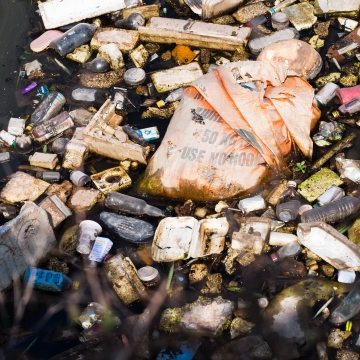Analyzing the effect of biodegradable packaging on plastic consumption in the wholesale market: a field experiment in the Costa Rican farmer’s market
Command and control instruments, such as Plastic-bag bans, have been effective in countries with a strong enforcement mechanism. In developing countries, these instruments have been partially


